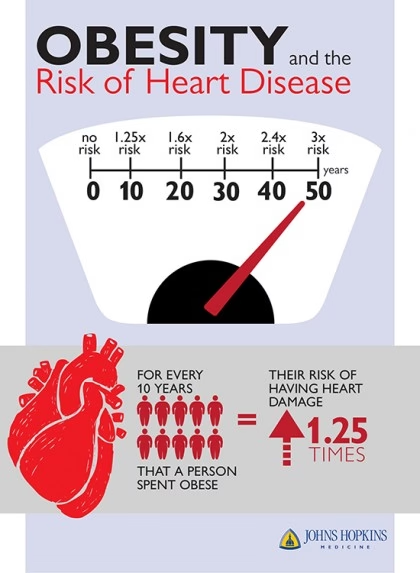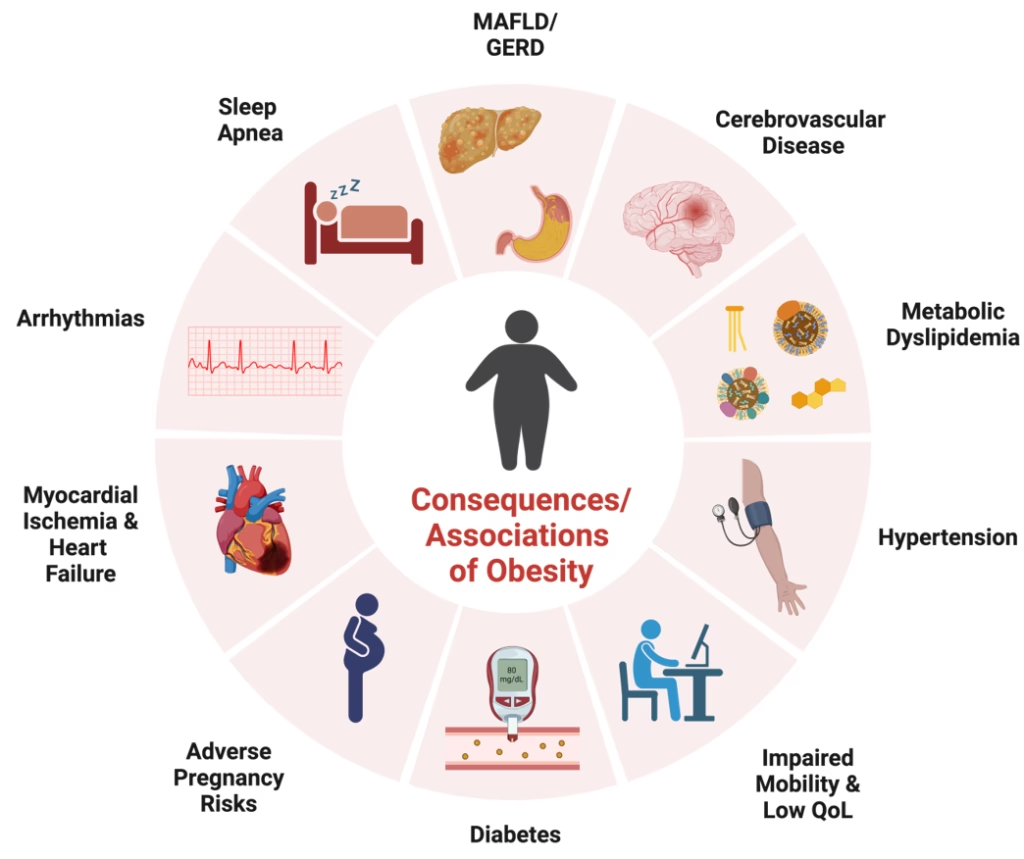Obesity is more than just a number on the scale; it’s a complex health concern that can significantly impact heart health. The growing prevalence of obesity poses a serious threat to cardiovascular well-being, as excessive body weight often leads to a range of heart-related issues. Understanding these risks is crucial for making informed decisions about nutrition and lifestyle changes, which can potentially mitigate these effects.
The Link Between Obesity and Heart Health

Obesity is a major risk factor for heart disease, the leading cause of death globally. When the body accumulates excess fat, it increases the strain on the heart, raising the likelihood of developing cardiovascular problems. This is primarily due to:
- Increased Blood Pressure: Carrying extra weight forces the heart to work harder to pump blood, often leading to hypertension.
- High Cholesterol Levels: Obesity can lead to higher levels of low-density lipoprotein (LDL) cholesterol and triglycerides, which are detrimental to heart health.
- Inflammation: Excess fat tissue triggers inflammatory processes that can damage blood vessels and the heart itself.
For more insight into how obesity affects the cardiovascular system, visit American Heart Association.
Complications Arising from Obesity-Induced Heart Issues

Coronary Artery Disease
Coronary artery disease (CAD) is one of the most common and severe complications resulting from obesity. It occurs when the arteries supplying blood to the heart muscle become narrowed or blocked due to plaque buildup. This can lead to angina, heart attacks, and even heart failure.
Heart Failure
Heart failure is another critical condition linked to obesity. The excess weight increases the heart’s workload, weakening it over time. A weakened heart may not pump blood efficiently, leading to fluid buildup in the lungs and other parts of the body.
Irregular Heart Rhythms
Obesity can also lead to abnormal heart rhythms, known as arrhythmias. One of the most common forms is atrial fibrillation, which increases the risk of stroke and other serious complications.
Prevention and Management
Addressing obesity is a multifaceted process that requires a commitment to lifestyle changes. Here are some practical steps to improve heart health:
- Adopt a Balanced Diet: Focus on nutrient-rich foods and balanced portions. Slim180 offers guidance on creating heart-healthy meal plans.
- Regular Physical Activity: Engaging in at least 150 minutes of moderate-intensity exercise each week can significantly improve cardiovascular health.
- Behavior Modification: Behavioral changes such as stress management and adequate sleep can support weight loss efforts and improve heart health.
For personalized guidance, tools like BMI calculators and waist-to-height ratio measurements can be invaluable in assessing and managing health risks.

Conclusion
Tackling obesity is one of the most effective strategies to protect heart health. By making informed dietary choices and embracing a healthier lifestyle, individuals can reduce their risk of heart disease and enjoy a longer, more vibrant life. Slim180 Weight Loss provides valuable resources and support for comprehensive information on obesity and heart health.
